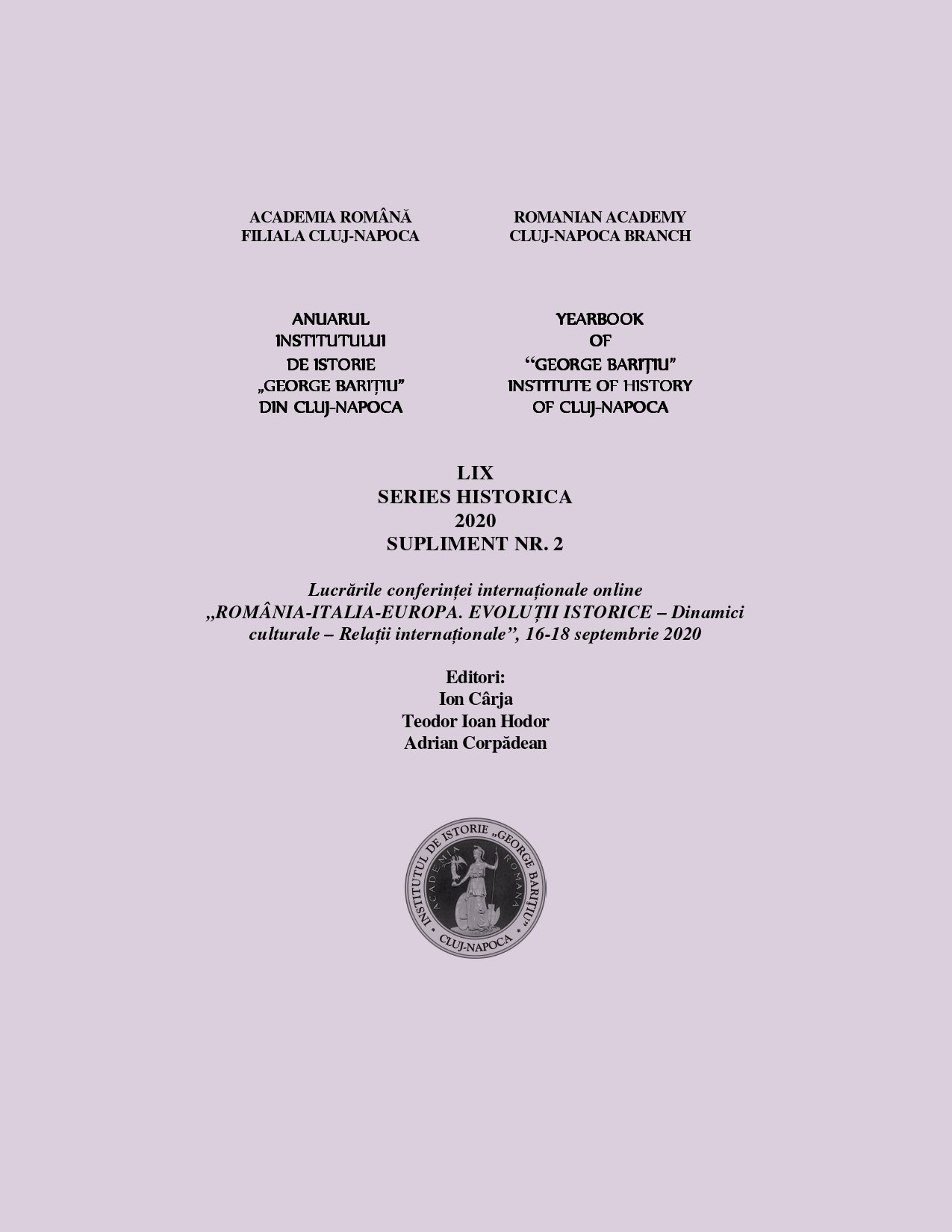The political-institutional Consequences of the Dayton Peace Agreement. International involvement and the impact of Europeanization in the transition process of Bosnia and Herzegovina
The political-institutional Consequences of the Dayton Peace Agreement. International involvement and the impact of Europeanization in the transition process of Bosnia and Herzegovina
Author(s): Ionela-Sorina ApetreiSubject(s): Inter-Ethnic Relations, Peace and Conflict Studies
Published by: Editura Academiei Române
Keywords: Consociationalism; Hybrid Regime; Europeanization Mechanism; Cooperation;
Summary/Abstract: he signing of the Dayton Peace Agreement on 14 December 1995 brought an end to the armed conflict and the beginning of the post-conflict transition process in Bosnia and Herzegovina. Designed as a solution to inter-ethnic differences, the Agreement provides the creation of a consociational political system in which the main ethnic groups (Serbs, Croats, Bosniaks) are guaranteed with autonomy, veto, and proportional representation. As a complementary solution to the management of the post-conflict situation, the Agreement regulates international intervention in the region, thus external actors are fulfilling the role of guarantor of peace and security in the new state. In the same vein, we will try to highlight the impact of the involvement of the European Union and the High Representative in the post-conflict transition in Bosnia and Herzegovina. Thus, although the Agreement seemed to offer the best solution for peace-building and democratization of the state, the rigid political system, the interventionist attitude of the High Representative and the European Union and, the lack of cooperation between ethnic groups led to the creation of an unstable state. At the same time, the Europeanization mechanisms undertaken in Bosnia and Herzegovina, associated with the post-conflict reconstruction process in BiH, both created the conditions for the expression of the illiberal attitudes and actions of the political incumbents. Therefore, the divided structure of the state, the dependence on external actors, the deepening of the ethnic cleavage through the implementation of the consociational model, and the poorly developed institutional system frame - the image of an anachronic state that combines autocratic and democratic practices.
Journal: Anuarul Institutului de Istorie »George Bariţiu« - Series HISTORICA - Supliment
- Issue Year: LIX/2020
- Issue No: LIX, 2
- Page Range: 481-490
- Page Count: 10
- Language: English

